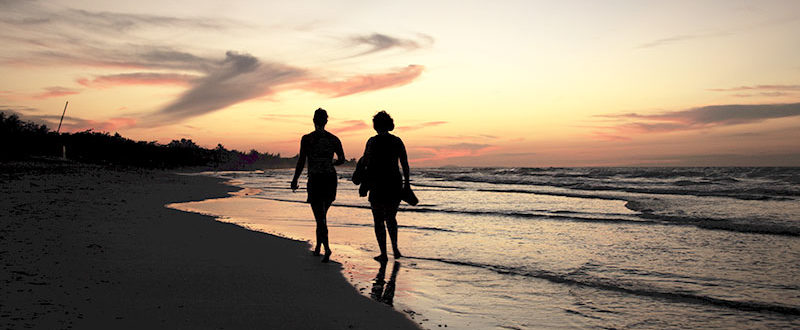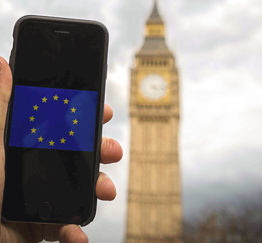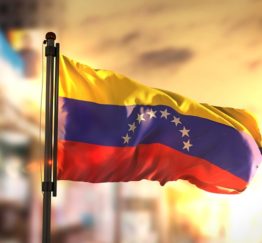The Office of Foreign Assets Control (OFAC) has hit travel industry leader Carlson Wagonlit with a giant slap on the wrist – a $5,990,490 fine for arranging for Europeans to travel to Cuba.
Carlson Wagonlit is a privately held company whose headquarters are based in the Netherlands, but U.S. companies have controlled it since 2006, making it subject to sanctions on Cuba.
According to Travel Weekly, the agency booked over 40 thousand people on Cuban trips between 2006 and 2012 without a mandatory OFAC-issued license. And they’re not alone in their transgressions. American Express was dinged for over $5 million for similar actions between 2005 and 2011. Like Carlson Wagonlit, it was AMEX’s foreign branch offices and subsidiaries that issued the tickets to eager sunbathers. A simple matter of American companies thumbing their noses at the law because they’re not operating on U.S. soil? It’s not quite as black and white as that. If an American travel company doing business in Europe refuses to book travel to Cuba, they’re in direct violation of European Union (E.U.) law. It’s essentially a no-win situation.
OFAC fines send a clear message that the government is serious about penalizing sanctions violators. And there are no indications of loosening controls in the near future. In 2013 the United Nations General Assembly called for an end to the 52-year-old restrictions, but the United States rejected this proposition. Yet while the sanctions don’t seem to be going anywhere, legal travel to Cuba by Americans (not possible as tourists, but permissible via religious, cultural or educational programs) is more popular than ever. Cuba’s National Statistics Office reports that U.S. arrivals numbered 98,000 in 2012, twice the numbers recorded in 2007. In 2011, after an eight-year hiatus, President Obama’s administration reinstated a slew of Cuba-based cultural and educational programs. Interestingly, according to the Treasury Department American Express is one of the largest providers of this type of authorized Cuban travel. Too bad they failed to make the distinction between approved programs enabling Americans to tour Cuba, and prohibited tourism…where Americans, uh, tour Cuba.
It seems that American travel companies operating in Europe have their backs against a wall when it comes to customer demands for Cuban travel. Whether breaking U.S. law or E.U. law, these companies are at risk of severe financial penalties. And with Americans legally flocking to Cuba in droves to learn about the Cuban way of life while catching some rays, it does make one question the logic and fairness of it all. Either Cuban travel should be allowed, or it shouldn’t. It simply shouldn’t be this hard for American travel companies to conduct compliant business in Europe.





